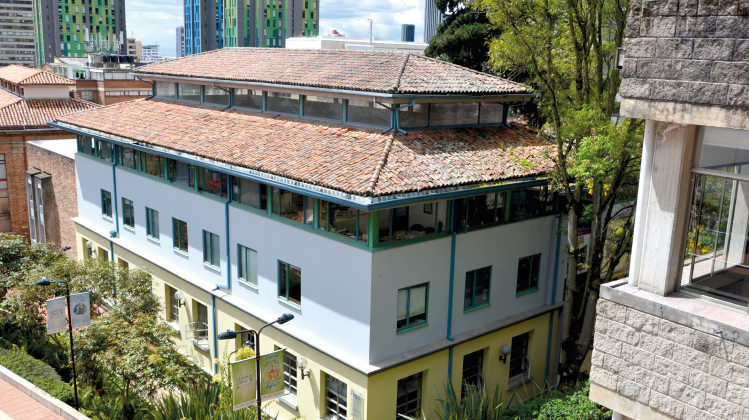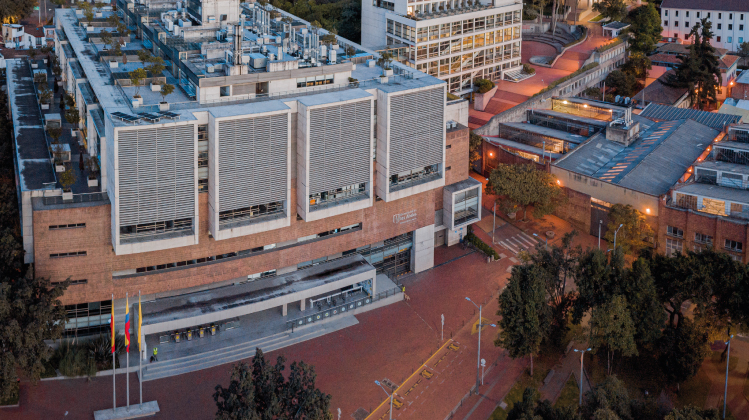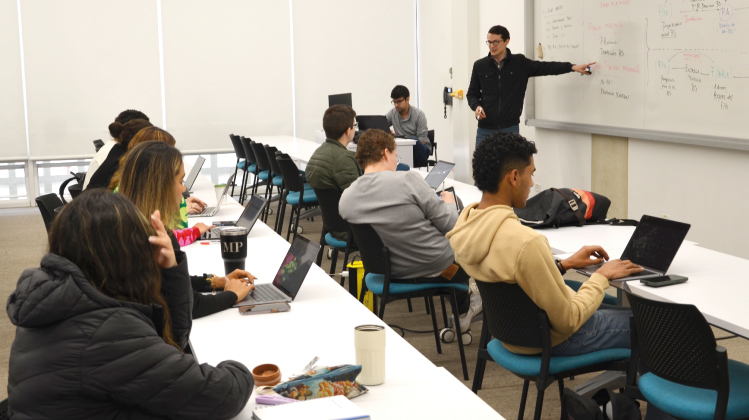The central aim of this course is to introduce students to the constitutionalization of democratic values in the Global South (values such as independence of the judges, delineation and separation of the various branches of government, the protection of fundamental rights, and the role of judges in policing the boundaries of public power). We want to demonstrate how these values, enshrined and protected in the Global North, are much more contested and open to change in the Global South. For example, the recent trends to provide constitutional protection to the environment diverges from, and stands in direct contrast to, constitutional approaches in the Global North. In order to fully grasp the realities of the Global South, we employ a historical and comparative method as the basis of our pedagogy. Such an approach brings forward the history of colonization (and the spread of western values) and the role of international law in the construction of the colonies. Moreover, the lens of comparativism allows us to explore the effects of colonization on various jurisdictions in Latin America and South Asia. Through the lens of history and comparativism, the course intends to introduce students to the ways in which constitutions have been deployed in select jurisdictions in Latin America (especially Chile, Bolivia & Colombia) and South Asia (especially India & Sri Lanka).
Equivalencies: Comparado







